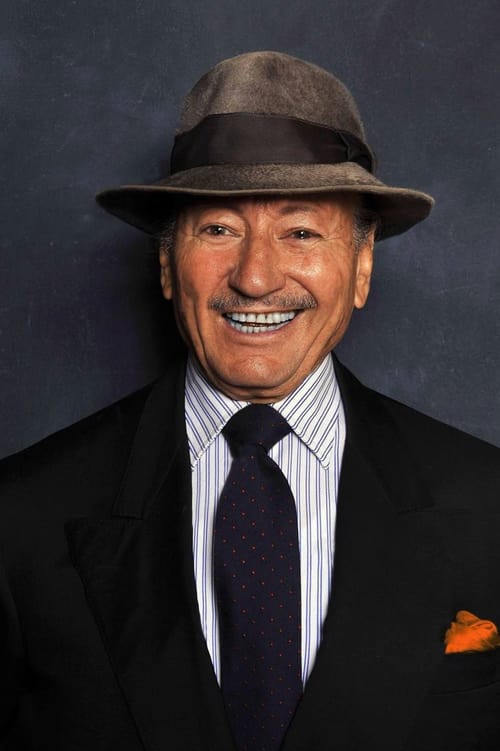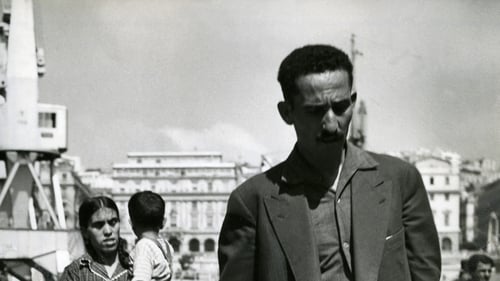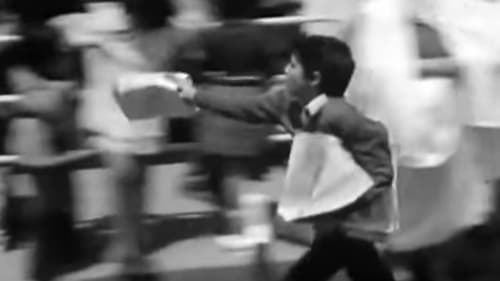Guns of Freedom (1961)
Gênero : Documentário, Guerra
Runtime : 27M
Director : Djamel-Eddine Chanderli, Mohammed Lakhdar-Hamina
Sinopse
“Les Fusils De La Liberté” (1961) is a docu-fiction which recounts the difficulties overcome by an ALN detachment whose perilous mission is to transport weapons and ammunition from Tunisia across the Algerian Sahara during the Algerian liberation war (1954-1962) against the French army of occupation.
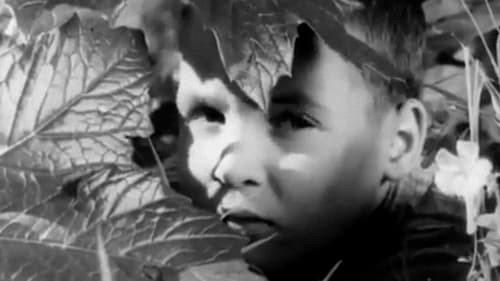
A sublime documentary on childhood and bereavement that’s one of several shorts the filmmaker completed while working in Algeria for Georges Derocles’s company Les Studios Africa, for whom he would shortly make his breakthrough feature The Olive Trees of Justice.

At the time of Tunisian independence, owners of large boats decide to sell, while many small fishermen soon find themselves without work. Their wives then decide to pool their gold rings to sell them and thus buy boats.
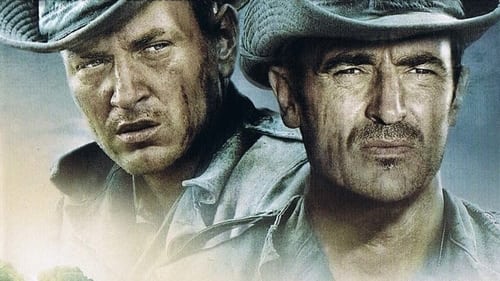
No ano de 1954, foi criada a força civil Frente de Libertação Nacional para libertar a Argélia, então colônia francesa há 130 anos. Em resposta às resoluções da FNL, para negociar a independência, a França enviou 500 mil jovens recrutas para lutarem. Em 1959 dentro do proprio ambiente militar, a tendência à loucura e ao mal se expresava neste período obscuro. Ali, franceses tornaram-se torturadores, não importando se eram crianças, adultos ou idosos, deixando de lado seus valores humanos e, muitas vezes, esquecedo de quem eram. Um dos soldados, chamado pelos companheiros de tenente substituto, começa a se questionar até que ponto esta guerra é realmente justa.

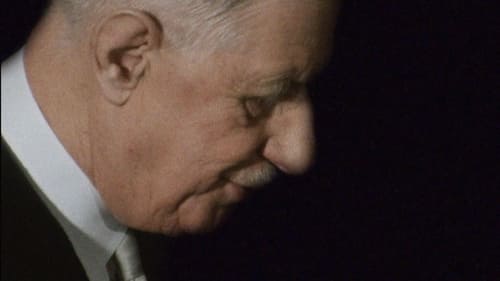
Charles de Gaulle, the first president (1958-1969) of the Vth Republic, France’s current system of government, left his mark on the country . He was statesman of action and has been compared to a monarch. This film depicts the general’s personality through the great events of his presidential term, at a time when the world was undergoing considerable changes.
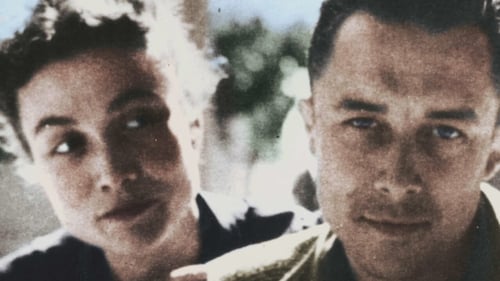
Albert Camus died at 46 years old on January 4, 1960, two years after his Nobel Prize in literature. Author of “L'Etranger”, one of the most widely read novels in the world, philosopher of the absurd and of revolt, resistant, journalist, playwright, Albert Camus had an extraordinary destiny. Child of the poor districts of Algiers, tuberculosis patient, orphan of father, son of an illiterate and deaf mother, he tore himself away from his condition thanks to his teacher. French from Algeria, he never ceased to fight for equality with the Arabs and the Kabyle, while fearing the Independence of the FLN. Founded on restored and colorized archives, and first-hand accounts, this documentary attempts to paint the portrait of Camus as he was.
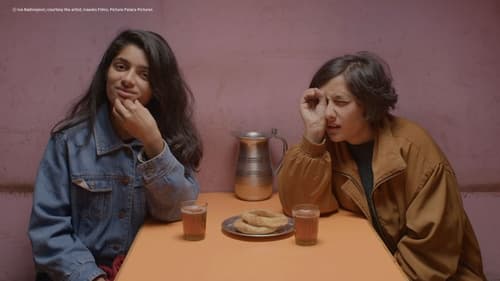
Structured as a labyrinth-like game and inspired by Jorge Luis Borges, Aleph is a travelogue of experience, a dreamer's journey through the lives, experiences, stories and musings of protagonists spanning ten countries and five continents.

Documentary dialogue with young women in Algiers on their experience of independence shortly after their country's independence.
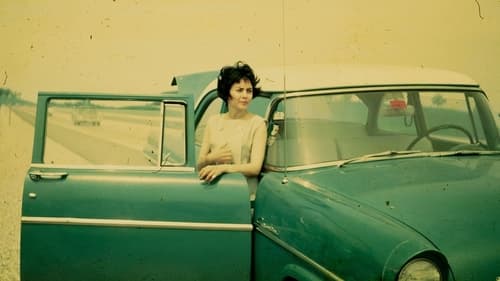
Ainouz se baseou na história de seus pais, Iracema, uma brasileira, e Majid, um argelino, que se conheceram nos Estados Unidos. Eles se separaram em 1965, quando ele retornou à Argélia e ela, ao Brasil, grávida. Karim só conheceu o pai aos 20 anos. O filme é um inventário afetivo dessa relação. “O Marinheiro das Montanhas” integra a seleção Sessões Especiais da 74ª edição do Festival de Cannes.
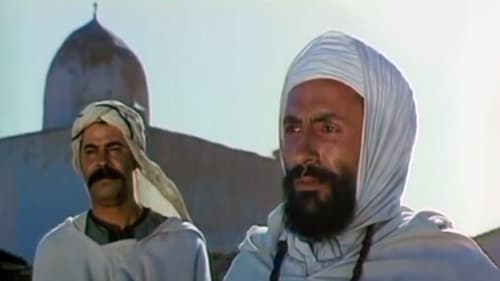
The story of the film revolves around the epic of Sheikh Bouamama, a leader of the national resistance in Algeria during the French colonial era. The events are taking place in southwestern Algeria. The film also tells about different stages of the resistance, especially about one of the uprisings of the Algerian people, namely "the battle of the sons of Sidi Sheikh Bouamama", in which French General Leuti was appointed to try to suppress and end this resistance.


